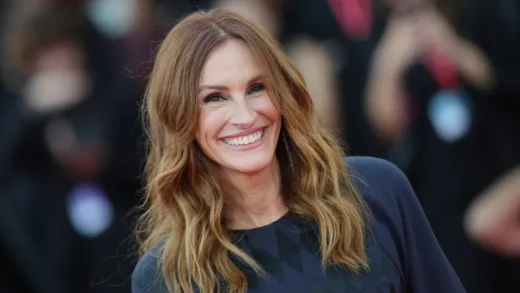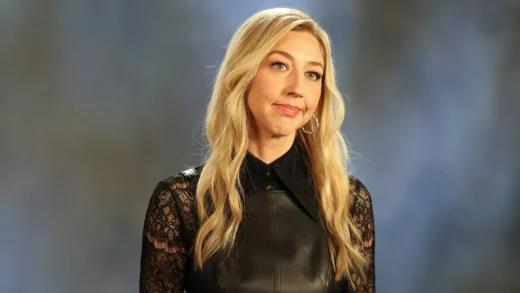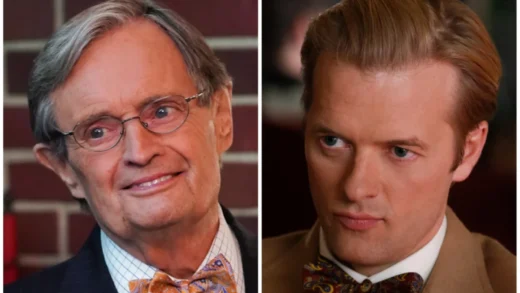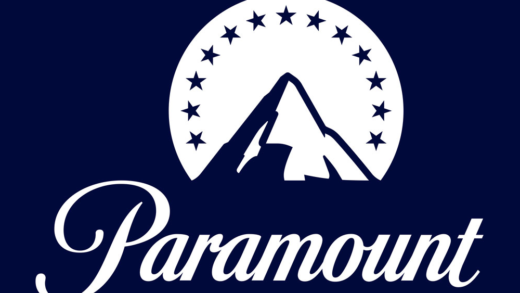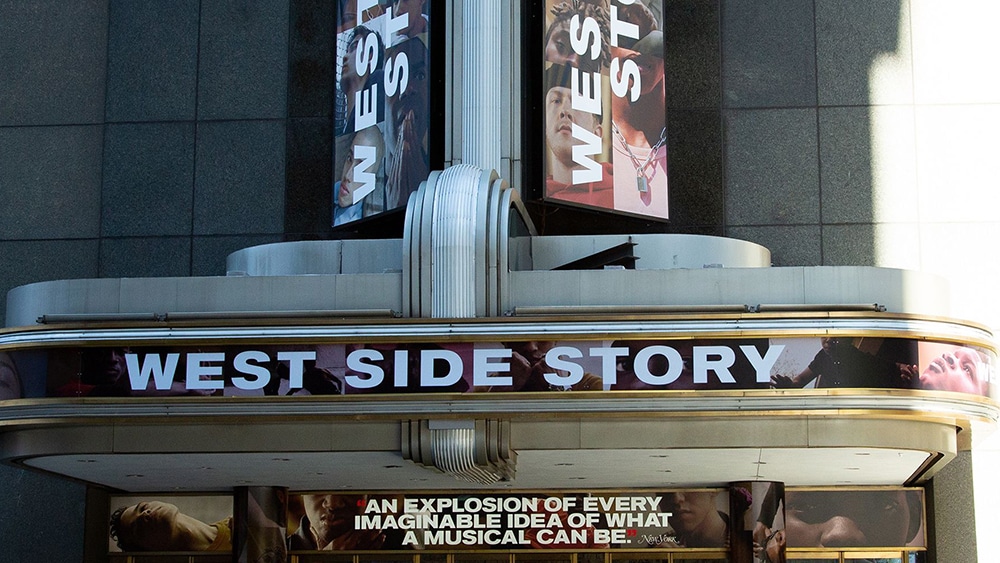Despite efforts to keep doors open amid a growing public health crisis, Broadway theaters in New York City are going dark starting March 12 at 5 p.m. because of coronavirus.
N.Y. Gov. Andrew Cuomo restricted gatherings with more than 500 people, except schools, hospitals and mass transit, effective March 13. Citing the governor’s directive, the Broadway League announced that performances will commence the week of April 13, 2020. The announcement could mean that several spring debuts never recoup their investment or, in the case of limited runs, get scrapped entirely. The lost revenue could top $100 million.
“Our top priority has been and will continue to be the health and well-being of Broadway theatregoers and the thousands of people who work in the theatre industry every day, including actors, musicians, stagehands, ushers, and many other dedicated professionals,” said Charlotte St. Martin, president of the Broadway League. “Broadway has the power to inspire, enrich and entertain, and together we are committed to making that vital spirit a reality. Once our stages are lit again, we will welcome fans back with open arms so that they can continue to experience the joy, heart, and goodwill that our shows so passionately express every night.”
There are currently 31 musicals and plays open on the Great White Way, but public health has become a concern since theaters are often tightly packed. Broadway as an industry was particularly at risk, given that patrons skew older and it relies heavily on tourism.
Increased safety measures were taken in an effort to reduce the spread of the virus prior to the closure, including additional venue cleanings, limited backstage access and recommending to end stage door interactions between performers and attendees.
Cuomo was initially hesitant to close down Broadway, saying in a press conference he was conflicted about how to handle large public gatherings.
“You don’t want to shut down society, because that’s massively disruptive — to the economy, to life, etc., but your main concern here is the public health crisis, and it’s balancing the two,” he said.
(Excerpt) Read more in: Variety

